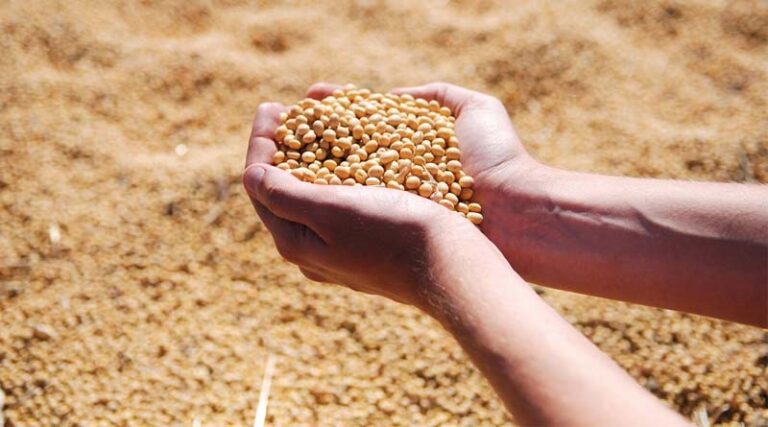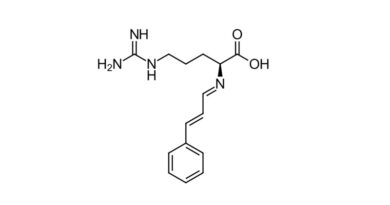
From UPL to Bayer: What Indian Farmers Are Choosing Amid Rising Seed Treatment Adoption
A Ground Survey by Krishak Jagat
25 June 2025, Indore: In a comprehensive field survey conducted by Krishak Jagat, farmers from across Madhya Pradesh shared their real-world experiences with seed treatment—an essential pre-sowing practice that enhances germination, reduces early-stage crop losses, and improves overall plant health.
The findings indicate a clear preference among farmers for seed treatment in both conventional and organic farming systems, depending on crop type and agronomic practices.
Conventional Farmers See Tangible Results
Gajendra Patidar from Bither village in Khargone district, Madhya Pradesh, who has cultivated cotton and papaya this Kharif season, explained that cotton seeds are often pre-treated by seed companies, negating the need for additional treatment. Rajesh Patidar from Khamkheda, who has sown cotton on 10 acres, confirmed this. However, both emphasized that crops like soybean require seed treatment for better germination.
Radheshyam Patidar from Itawadi, preparing to sow soybean across 10.52 acres, uses Saaf—a fungicide by UPL—highlighting its effectiveness in ensuring high germination rates and disease resistance. Similarly, Vishnu Arya Patidar from Dhargawan plans to cultivate soybean on 7.43 acres and relies on EverGol Xtend by Bayer, which, he reports, leads to healthy, disease-free crops.
Deepak Patidar from Gulawad prefers Zelora by BASF for soybean seed treatment. He observed that the product protects against soil-borne fungi and encourages better plant growth. He also recommends adding humic acid during treatment for enhanced results.
Ramsharan, a progressive farmer from Gadarwara (Narsinghpur district), regards seed treatment as the first and most crucial step in agriculture. He uses Sprint by Indofil, which offers both contact and systemic protection, leading to strong seedling development.
Kishanlal from Rahli in Sagar district places trust in PCT-410 from GSP Crop Science, citing its dual role in protecting soybean roots from rot and deterring insect attacks. Meanwhile, Rameshchandra from Sihora (Jabalpur district) uses Vitavax Power from Dhanuka, which contains Carboxin and Thiram. According to him, the formulation ensures high germination and robust plant health even under adverse weather conditions.
Organic Farmers Embrace Indigenous Solutions
The Krishak Jagat survey also spoke with organic farmers practicing chemical-free agriculture who have developed effective traditional alternatives to synthetic treatments.
Mahendra Singh Mandloi from Chhoti Kasrawad (Khargone district) uses a naturally fermented solution made from cow dung, cow urine, lime, water, and organic soil to treat seeds. This year, he planted non-Bt cotton on 4 acres and shared the preparation method of his organic formulation:
Organic Seed Treatment Recipe includes 5 kg indigenous cow dung, 5 liters cow urine, 250 grams lime, 20 liters water and A handful of soil from an organic farm. All the ingredients are mixed and ferment for 24 hours, stirring twice daily with a wooden stick. Use this solution to treat seeds, then dry them in the shade before sowing.
Piyush Patidar from Kasrawad Buzurg, who grows cotton and papaya, uses Beejamrit for seed treatment and incorporates Trichoderma and Mycorrhiza to boost soil microbial activity. He also dissolves 10 kg of jaggery in 1,000 liters of water and runs it through his drip irrigation system to repel pests naturally.
Kamal Namdev from Dogawa has already planted cotton and plans to sow soybean soon. He does not use additional seed treatment for soybean as he uses farm-saved seeds with reliable purity. He believes long-term organic practices improve soil health, reducing the need for external inputs.
Sanjay Sharma from Chichli has sown non-Bt cotton and will soon plant maize and indigenous sorghum. He uses Beejamrit and a balanced mix of copper sulfate (blue vitriol), lime, and blue copper for seed treatment, which, he says, effectively protects against pests and diseases.
Sharma adds, “Organic produce is pure and healthy, but unfortunately, there is no dedicated marketing infrastructure for organic crops. As a result, farmers often fail to receive fair prices for their efforts. There is an urgent need for separate procurement and market access systems for organic produce.”
Improved Yields
The Krishak Jagat survey highlights the vital role of seed treatment in achieving healthy crops and improved yields. Whether through branded fungicides or indigenous bio-formulations, farmers across Madhya Pradesh reaffirm the value of this practice. As agriculture continues to balance productivity with sustainability, such grassroots insights serve as a vital guide for agri-input companies, policymakers, and industry stakeholders aiming to support farmers in both conventional and organic segments.
Also Read: India’s Agrochemical Market Hits $11.2 Billion in FY2025, Eyes $14.5 Billion by 2028: Rubix Data Sciences
📢 If You’re in Agriculture, Make Sure the Right People Hear Your Story.
Have a story the global agriculture industry should hear? From product launches to strategic announcements, Global Agriculture offers unmatched visibility across international agri-business markets. Connect with us at pr@global-agriculture.com to explore editorial and advertising opportunities that reach the right audience, worldwide.






